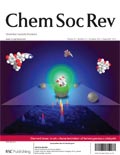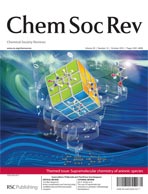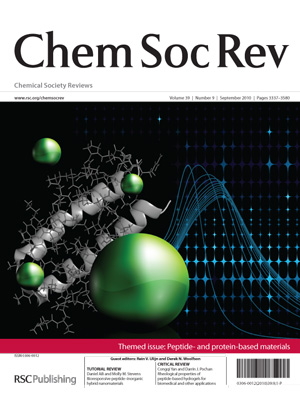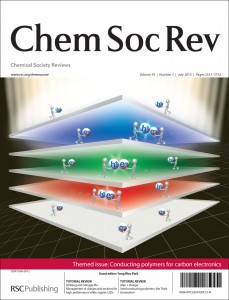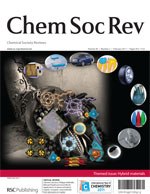 This Chem Soc Rev themed issue contains 33 tutorial and critical reviews, highlighting exciting new achievements in hybrid materials research.
This Chem Soc Rev themed issue contains 33 tutorial and critical reviews, highlighting exciting new achievements in hybrid materials research.
Guest editors Clément Sanchez, Kenneth Shea and Susumu Kitagawa introduce the issue and the academic and industrial importance of the field in their Editorial. Download the issue today to keep up-to-date with the latest advances.
If you enjoy this issue, you may also be interested in Advanced Hybrid Materials, a Journal of Materials Chemistry themed issue guest editored by Pierre Rabu and Andreas Taubert.
If you have any comments on this issue or suggestions for future themed issues, or you would like to write a review for the journal, please leave your comments below or contact the Editorial Office.
Will you be at the Hybrid Materials conference in Strasbourg in March? I will be there with a number of copies of this issue. Please let me know if you would like to meet me there.











